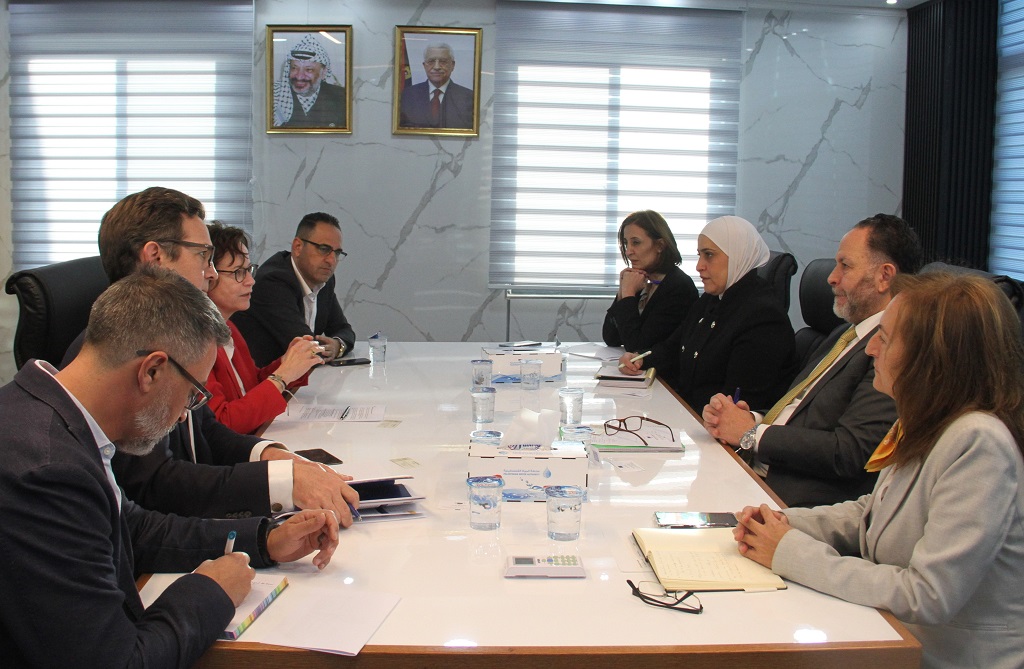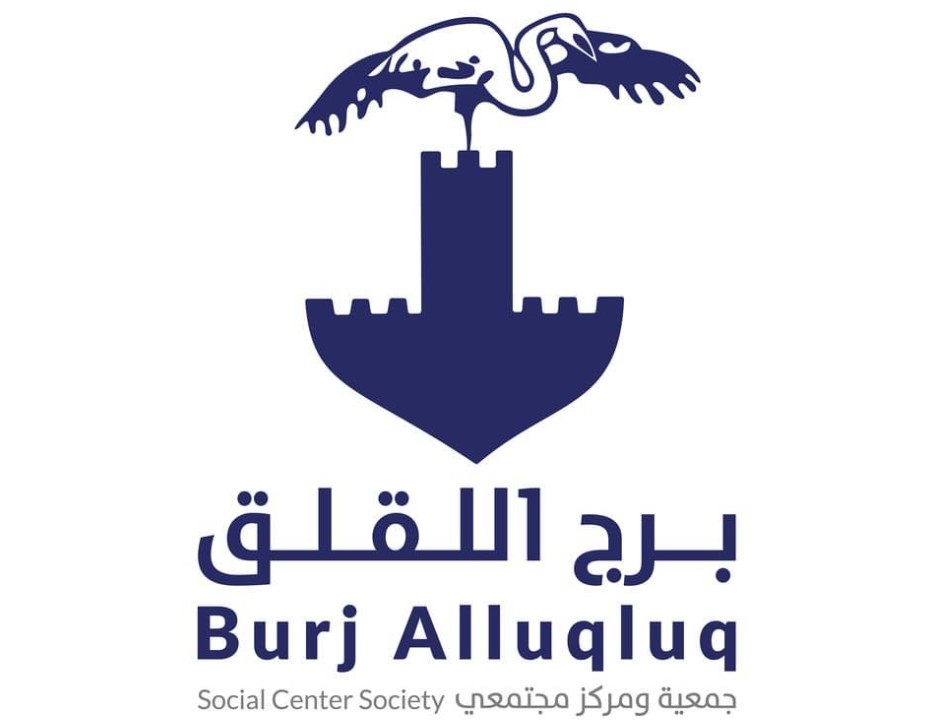RAMALLAH, December 16, 2024 (WAFA) - Chairman of the Palestinian Water Authority, Minister Ziad Mimi, highlighted the massive scale of destruction in Gaza’s infrastructure, which has left many water and sewage facilities nonfunctional and intensified the hardships faced by residents struggling to access clean water.
During a meeting with Henrike Trautmann, the European Commission's Principal Adviser for Reconstruction in Gaza, and a European Union delegation, Mimi discussed the critical challenges facing the Water Authority due to ongoing Israeli military actions, noting that the Authority is working tirelessly to provide minimal water supplies despite the extreme risks to its technical teams trying to repair damages and distribute fuel to operate water wells.
“Today, we talk about a disaster by all standards,” Mimi said, stressing that considerable efforts have been made throughout the years to bring Gaza to a safer level by securing clean drinking water, with both successes and setbacks that resulted in projects ensuring access to safe water for citizens. But the occupation has pushed us today into an even more tragic and difficult situation by destroying numerous wells and water networks, disabling stations and blocking the entry of essential equipment, he added.
In addition, the ongoing electricity and fuel shortages are making the situation worse, he stressed.
Mimi called on the European Commission to take immediate and constructive action to support the Water Authority’s emergency relief efforts.
He also urged the EU to pressure Israel to allow the entry of critical supplies. ”It is unacceptable that equipment like pumps is being kept in the West Bank because of Israel’s blockade preventing their delivery to Gaza," he said.
The meeting also addressed various issues, including the EU’s support for strategic projects aimed at improving Gaza’s water and sewage infrastructure. These projects are also facing significant obstacles due to Israel’s systematic destruction of infrastructure, a pattern observed in the West Bank camps.
For her part, Trotman affirmed that European Union countries are coordinating their efforts to develop a comprehensive plan targeting key services, based on their assessments on the ground.
She emphasized that collaboration between various stakeholders is essential, particularly for the water and electricity sectors.
T.R.










